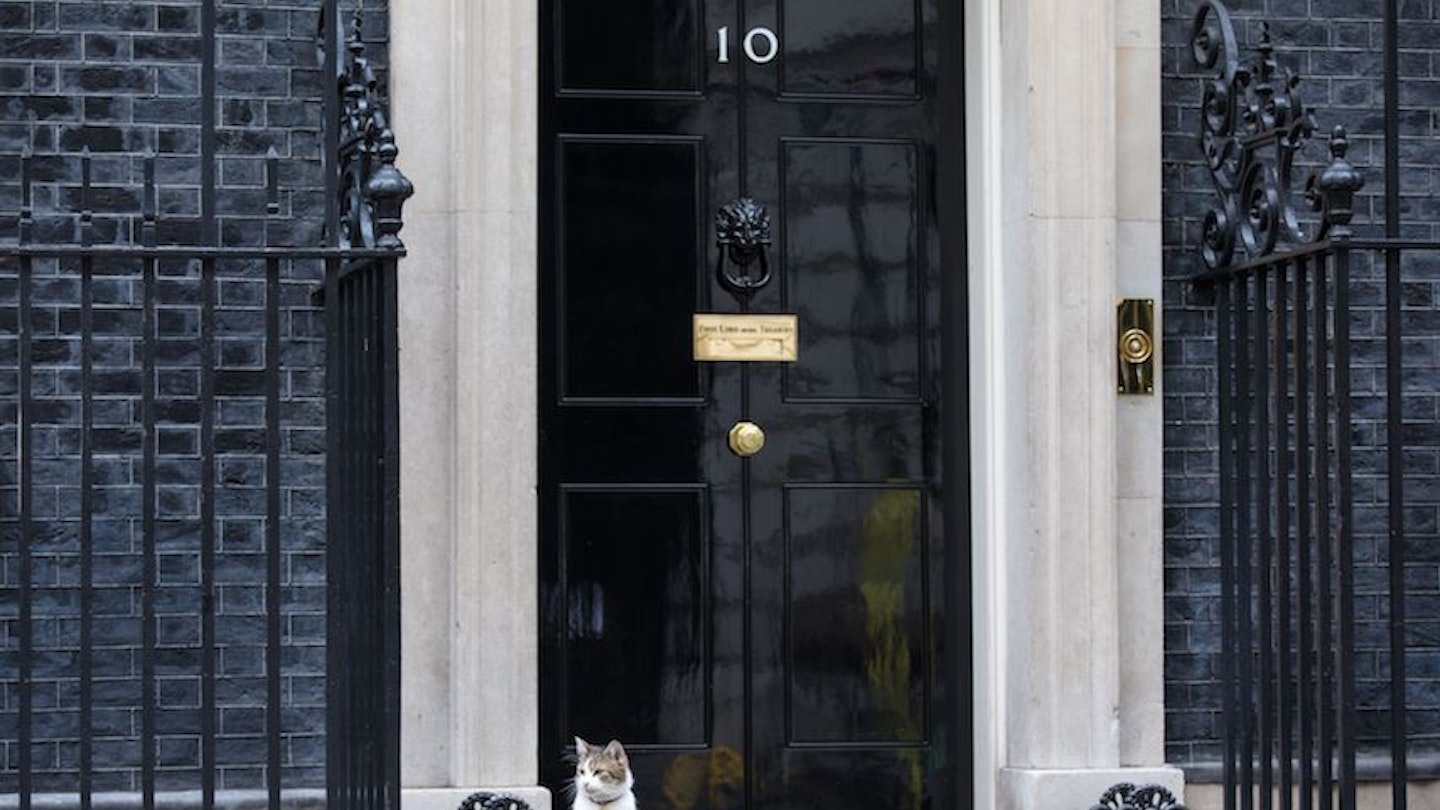What a night! Those of you that stayed up to watch the results as they came in will know there were many surprises – losses, gains and some very interesting statistics.
As we head towards a Hung Parliament, let's look back at the important events of last night...
The Conservatives didn't win a majority
Whilst they remain the largest party, and won the most votes, the Conservatives did not win an overall majority. With (as it stands now) 317 seats, they are 9 short of the number needed to win outright. This means that getting anything through the Commons in future will be somewhat of a nightmare, so if they would like to remain in power they will have to enter into a coalition with another party (a situation where one party props the other up to make a government with a majority).
In their manifesto, the Liberal Democrats ruled out a coalition with both the Conservatives and Labour, so it's likely the Conservatives will look across the Irish sea, to the DUP – the Democratic Unionist Party (the largest unionist party in Northern Ireland)
If a coalition government is formed with the DUP it would likely affect the Brexit approach; the DUP were against a hard Brexit and if the Conservatives want them to agree to a coalition, ensuring a softer Brexit will have to be on the cards.
However, forming a coalition is not the only option. The Conservatives could enter into a 'confidence and supply agreement' with the DUP – an understanding whereby the DUP agree to back the government in motions of confidence or appropriation votes, by voting in favour or abstaining. (Appropriation bills have to be passed to release funds for governmnets to pay for their policies.) Such an agreement would not affect the DUP's right to vote in accordance with their own wishes, however.
Theresa May might resign
Nothing is certain as yet... When she gave a speech in the early hours celebrating (although, that's an understatement if ever there was one) her retaining her seat in Maidenhead, Theresa May alluded to the fact that a hung parliament was likely and said that in that case, what the country needed was stability. 'If, as the indications have shown, the Conservative Party has won the most seats – and probably the most votes – then it will be incumbent upon us to ensure we have that period of stability and that is exactly what we will do.'
Clearly, she was aware the party wouldn't win outright, but was indicating she was committed to staying on in spite of that.
Since then, there have been calls for her to resign from Labour leader, Jeremy Corbyn. However, those within her own party – like former Conservative leader Iain Duncan Smith – said she should not stand down.
With Brexit negotiations beginning in just days, the stability of the country hangs in the balance...
Labour made significant gains
But months ago, there were calls for him to resign. Today, he's the toast of the town... Jeremy Corbyn's successful election campaign has seen his popularity ratings soar and this was clearly reflected in last night's election. Indeed, there's even a chance he could form a minority government to become the next Prime Minister...
Labour made significant gains, winning such historic Tory seats as Canterbury (a safe Conservative seat for the last 99 years) and overturning such Conservative majorities as that of almost 8,000 in Battersea.
Nick Clegg and Alex Salmond lost their seats
These were shocking results. Nick Clegg, former leader of the Liberal Democrats and former Deputy Prime Minister, lost his seat at Sheffield Hallam. He had held it for 12 years, but it went instead to Labour's Jared O’Mara.
In another shocking turn, Alex Salmond lost his Gordon seat to... the Conservatives. Colin Clark beat the former SNP leader by over 2,000 votes, losing Salmond a seat he had won from the Liberal Democrats in 2015 having overhauled a 6,500-strong majority.
The SNP had a bad night...
Although they remain the leading Scottish party, they lost 21 seats last night – partly to Labour, but more surprisingly, to the Conservatives.
Why 'surprisingly'? Well, with 13 Tory MPs now with seats in Scotland, that makes it the party's best result there since 1983!
It is believed these results are due, in part, to SNP leader Nicola Sturgeon's repeated demands for a second Scottish Independence referendum – when evidence suggests that the majority of Scottish voters were happy with the results of the first (that Scotland would remain in the UK).
It is also due to the popularity of Ruth Davidson, the Scottish Conservative leader, whose party not only ousted former SNP leader Alex Salmond from his seat (as above), but the current SNP deputy leader (and leader of the SNP in the House of Commons) Angus Robertson, from his seat in Moray as well.
The margins were tiny
For many, victory was bitter sweet. Liberal Democrat leader Tim Farron held onto his seat in Westmorland and Lonsdale with a majority of just 777 – so close they had to have a recount.
It was a similar story with current Home Secretary Amber Rudd. She retained her seat in Hastings and Rye – following a recount – with an even smaller margin of 346.
And then there was Zac Goldsmith, who won back his seat in Richmond with just 45 votes in it.
More than 200 female MPs were elected
This is a major result for women: the highest number of female MPs to be elected EVER.
It went over and above the previous record, 196, set at the 2015 election (and subsequent by-elections).
We'll bring you more news as it comes...
